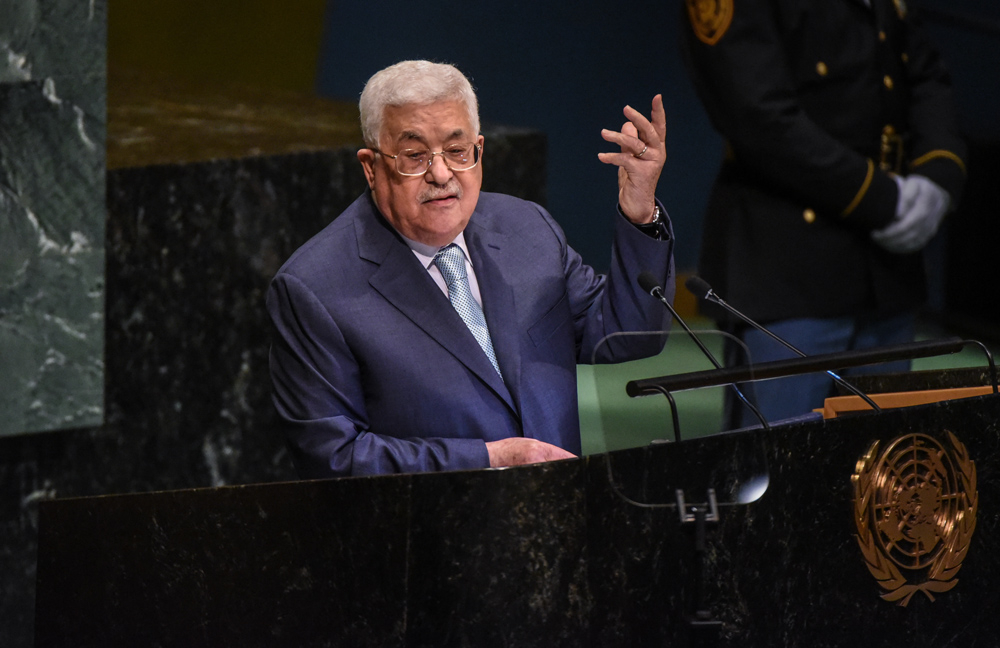Mark Lewis JAN
29, 2019,
When I
was five, a Roman Catholic school teacher intervened in a squabble between me
and her son, calling out, “It’s a shame Hitler didn’t finish you all off.” Only
27 years had passed since the end of the Second World War.
There
were odd episodes of antisemitism – a swastika painted on my garage door
by the far-right National Front, verbal abuse by Pakistani teens who
yelled “death to Yahud [Arabic for ‘Jews’]” as I entered synagogue and the odd
barbed comment from teachers and pupils – but we were British Jews and beat off
such occurrences. There were many more episodes of grassroots antisemitism; In
this politically incorrect era, antisemitism was accepted.
As
teens, we campaigned for the release of Soviet Jewry so refuseniks could flee
to Israel. “Anatoly” Sharansky needed Israel, while I merely needed
it to be there, just in case – but Britain hadn’t killed Jews for 800
years.
I
can’t put my finger on when leftist antisemitism emerged as a force of
Jew-hatred on par with far-right and Islamic antisemitism. Initially, Labour
was good for the Jews. It stood up for the underdog. But the perception of Jews
as the underdog changed as that of Israel as the underdog changed. Its
successful rescue mission in Entebbe and the election of the first Likud prime
minister conveyed to many the image of a tougher Jewish state. British Jews
were now seen as the capitalist oppressors, with dual loyalties.
A
change in the Labour Party’s electoral system led to Jeremy Corbyn’s election,
and the explosion of social media brought on the widespread
dissemination of Nazi-era antisemitic propaganda reminiscent of Goebbels.
Attempts to challenge Jew-hatred were dismissed as smears . The relatively few
complaints that were upheld led to a revolving door of suspensions so those
expelled were soon brought back on board.
Worse,
this brand of antisemitism was mainstream in the Labour Party membership and
reflected Corbyn’s leadership. Daily, there’d be another revelation about
Corbyn. Photos of him laying a wreath on the graves of terrorists who murdered
Olympic athletes were dismissed. He defended a mural showing hooked-nose
bankers playing Monopoly on the backs of workers, only later acknowledging
its antisemitic theme, but saying he hadn’t noticed its bigotry.
Corbyn
will tell you “there is not an antisemitic bone in [his] body,” and that he is
“against all racism”. Yet there are still daily revelations of antisemitism and
the abusers torment those who speak out, including TV presenter Rachel Riley
and comedian Stephen Fry.
And
support for Labour grows when the opposite should be expected. Nearly 40
percent of voters continue to support the party that admits to its antisemitism
problem. Many in the British Jewish community say they will leave if Corbyn
becomes prime minister. It is too late. He has moved the rock and the
antisemites have crawled out. They are not going back.
I’m
sure there are those who think my pessimism premature, but why wait? There may
not be pogroms, but life will be uncomfortable for Jews. No shechita (animal
welfare grounds), no brit milah until 18 (let the child decide), no dual
nationality, no visits from Israelis (belligerent). So Britain is
the new Anatevka. It’s time to wander. Only this time there is somewhere to go.


